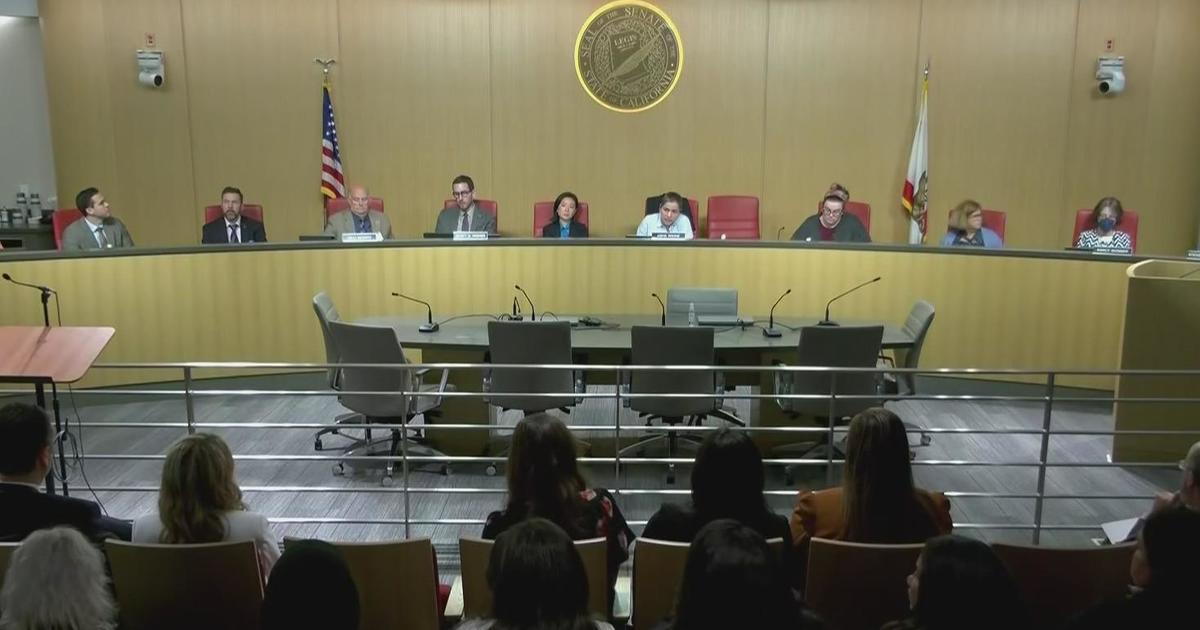California Court Restores Case By Therapists On Porn Privacy
SACRAMENTO, Calif. (AP) — The California Supreme Court revived a long-running debate Thursday when it reinstated a lawsuit over whether psychotherapists must tell authorities when patients report they are attracted to child pornography.
Lower courts had tossed out the lawsuit by three therapists who argued that California's mandatory reporting law violates patient confidentiality and dissuades patients from revealing that they downloaded or electronically viewed child pornography.
The high court split 4-3 in favor of reinstating the case and sending it back to Superior Court, where the burden will fall to the offices of the state attorney general and Los Angeles County district attorney to show whether the mandatory reporting protects children.
The dissenting justices said the therapists were unlikely to win the lawsuit.
The majority was careful to note that the therapists had argued that the patients in the case do not present a serious risk of sexual contact with children. Those justices also concluded that patient privacy rights only apply to disclosures during voluntary psychotherapy sessions, not to actually possessing or viewing child porn, which remains illegal and reportable.
Nor do the rights apply if the therapist "believes the patient has committed hands-on sexual abuse or poses a threat of doing so," the justices said.
At issue is a 2014 law that modernized California's 40-year-old mandatory reporting requirement by including downloading, streaming and electronically accessing child porn.
Six other states have laws requiring mandatory reporting of psychotherapy patients who knowingly possess or view child pornography. Another 10 states allow exceptions to psychotherapist-patient privacy for child abuse or neglect.
The California high court majority noted, however, that none had interpreted their laws to include simple possession or viewing of child porn.
The proliferation of child pornography on the internet "is an urgent problem of national and international dimension," the justices acknowledged. They said the blame falls with people who produce it and those who "perpetuate the victimization with every viewing."
All three of the therapists involved in the lawsuit are experienced at treating sex addiction. One founded what the lawsuit calls the nation's largest outpatient treatment center for sexual compulsion or addiction.
Allowing patients to admit their problems "is an essential prerequisite for patients to seek and succeed in treatment," the suit argues.
Yet patients who are reported to police will either stop therapy because they face criminal prosecution and public outrage, or stop being candid with their therapists, the lawsuit states.
The attorney general and district attorney argued that patients' privacy rights under the state constitution are outweighed by the law's requirement that therapists report dangerous patients.



